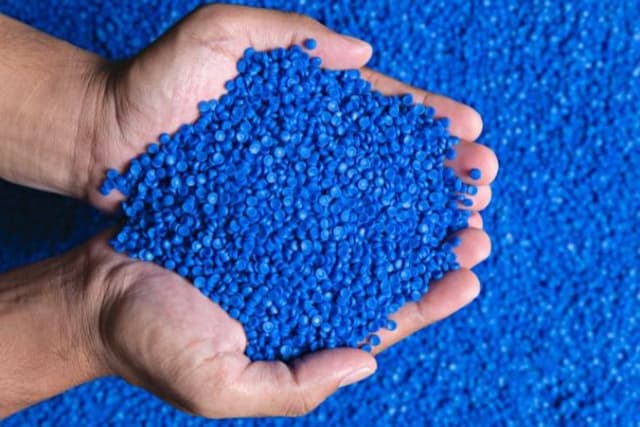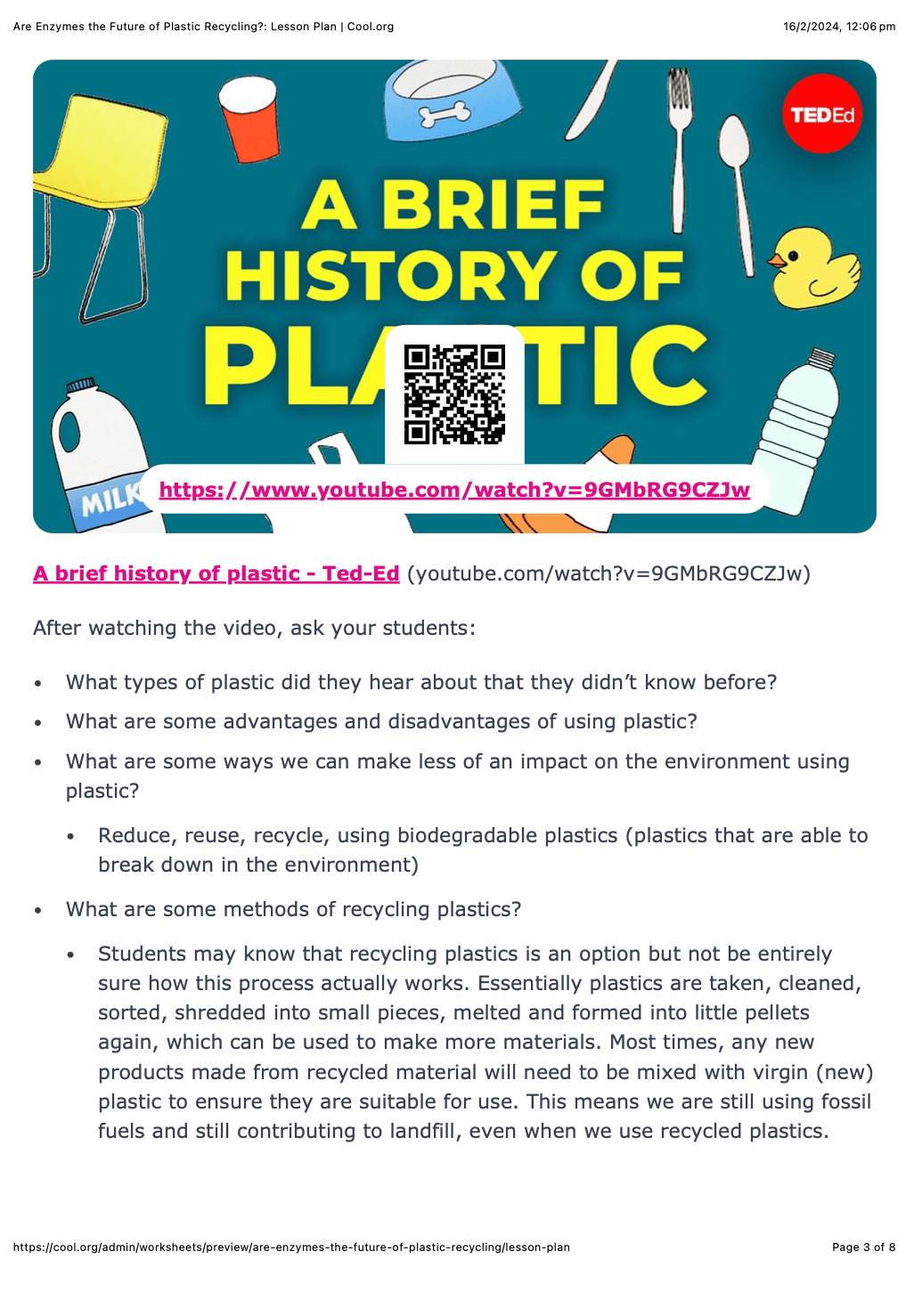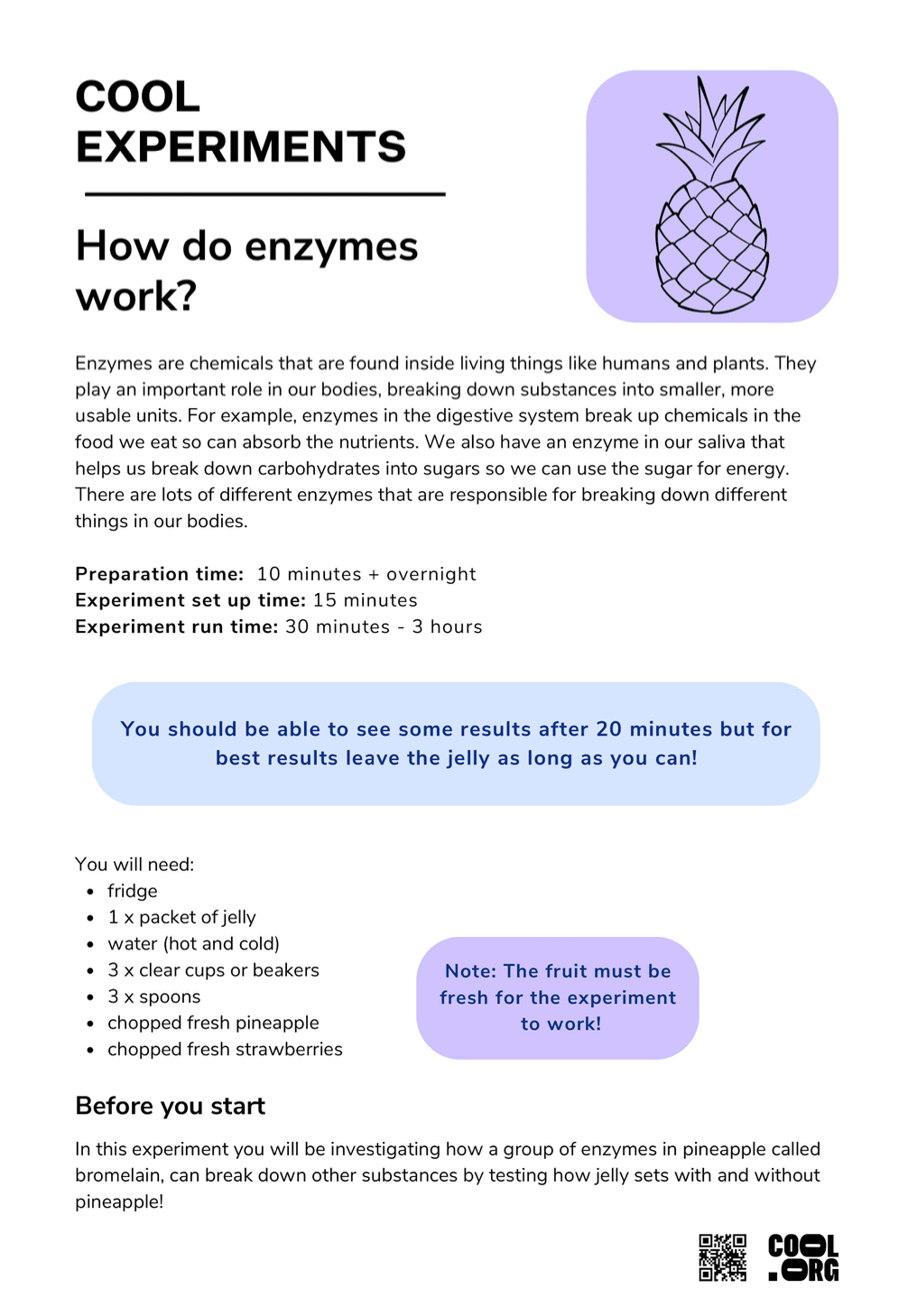
Are Enzymes the Future of Plastic Recycling?
Lesson6 of 6 in this unit
PrimaryYear 4ScienceChemistryEnvironmentalRecyclingSustainability
Summary
Lesson Guides and Printables
Lesson Plan

Pineapple Enzyme Science Experiment


Lesson Plan

Pineapple Enzyme Science Experiment
